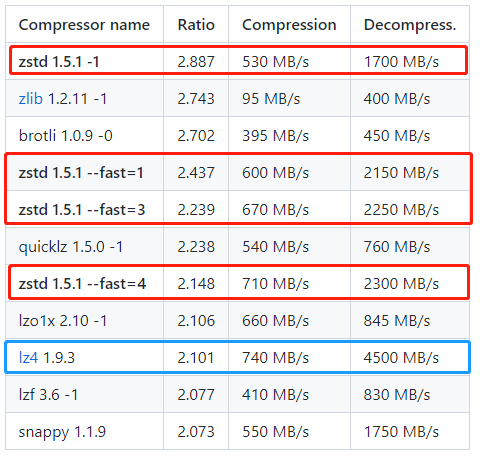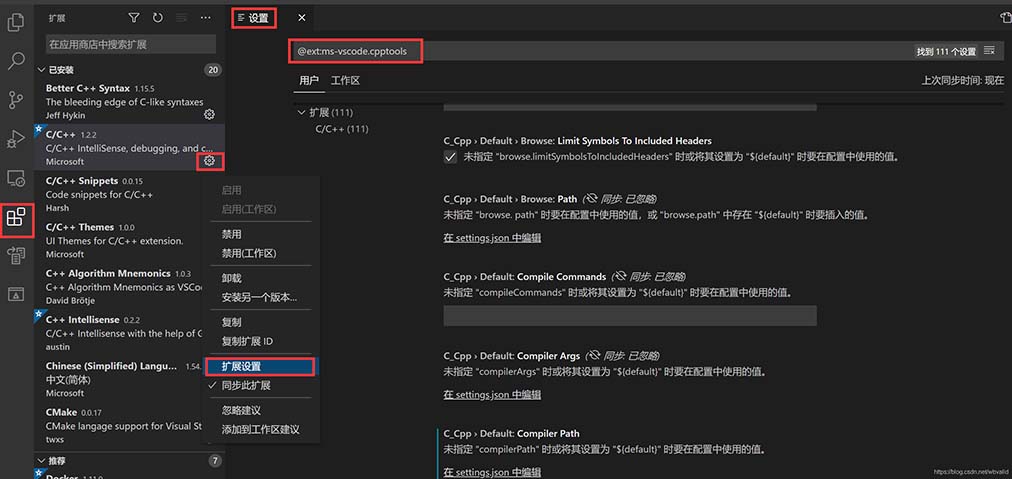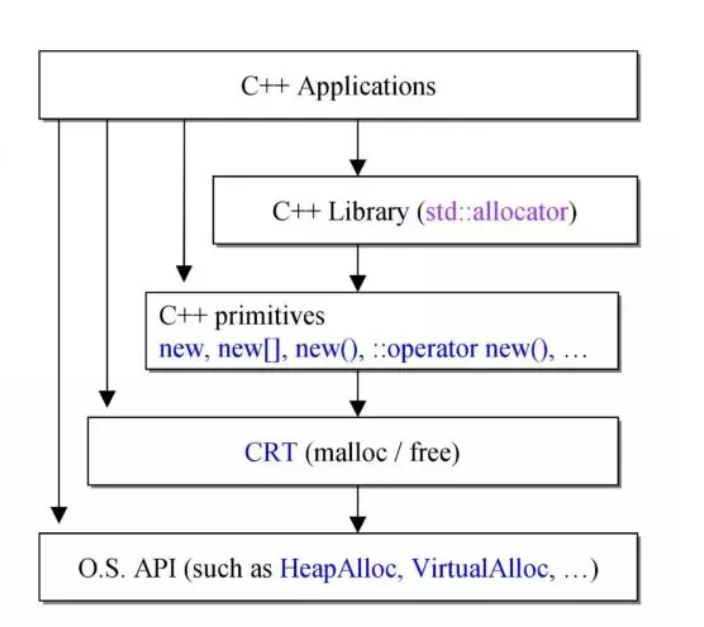const int *p vs. int const *p - Is const after the type acceptable?(const int *p 与 int const *p - 类型后的 const 是否可以接受?)
问题描述
My co-worker is 0 for 2 on questions he has inspired (1, 2), so I thought I'd give him a chance to catch up.
Our latest disagreement is over the style issue of where to put "const" on declarations.
He is of the opinion that it should go either in front of the type, or after the pointer. The reasoning is that this is what is typically done by everyone else, and other styles are liable to be confusing. Thus a pointer to a constant int, and a constant pointer to int would be respectively:
const int *i;
int * const i;
However, I'm confused anyway. I need rules that are consistent and easy to understand, and the only way I can make sense of "const" is that it goes after the thing it is modifying. There's an exception that allows it to go in front of the final type, but that's an exception, so it's easier on me if I don't use it.
Thus a pointer to a constant int, and a constant pointer to int would be respectively:
int const * i;
int * const i;
As an added benefit, doing things this way makes deeper levels of indirection easier to understand. For example, a pointer to a constant pointer to int would clearly be:
int * const * i;
My contention is that if someone just learns it his way, they'll have little trouble figuring out what the above works out to.
The ultimate issue here is that he thinks that putting const after int is so unspeakably ugly, and so harmful to readability that it should be banned in the style guide. Of course, I think if anything the guide should suggest doing it my way, but either way we shouldn't be banning one approach.
Edit: I've gotten a lot of good answers, but none really directly address my last paragraph ("The ultimate issue"). A lot of people argue for consistency, but is that so desirable in this case that it is a good idea to ban the other way of doing it, rather that just discouraging it?
The most important thing is consistency. If there aren't any coding guidelines for this, then pick one and stick with it. But, if your team already has a de facto standard, don't change it!
That said, I think by far the more common is
const int * i;
int * const j;
because most people write
const int n;
instead of
int const n;
A side note -- an easy way to read pointer constness is to read the declaration starting at the right.
const int * i; // pointer to an int that is const
int * const j; // constant pointer to a (non-const) int
int const * aLessPopularWay; // pointer to a const int
这篇关于const int *p 与 int const *p - 类型后的 const 是否可以接受?的文章就介绍到这了,希望我们推荐的答案对大家有所帮助,也希望大家多多支持编程学习网!
本文标题为:const int *p 与 int const *p - 类型后的 const 是否可以接受?


- C语言qsort()函数的使用方法详解 2023-04-26
- c++ const 成员函数,返回一个 const 指针.但是返回的指针是什么类型的 const? 2022-10-11
- Easyx实现扫雷游戏 2023-02-06
- ubuntu下C/C++获取剩余内存 2023-09-18
- Qt计时器使用方法详解 2023-05-30
- 我应该为我的项目使用相对包含路径,还是将包含目录放在包含路径上? 2022-10-30
- C++ 数据结构超详细讲解顺序表 2023-03-25
- 详解C语言中sizeof如何在自定义函数中正常工作 2023-04-09
- C语言手把手带你掌握带头双向循环链表 2023-04-03
- C语言详解float类型在内存中的存储方式 2023-03-27









